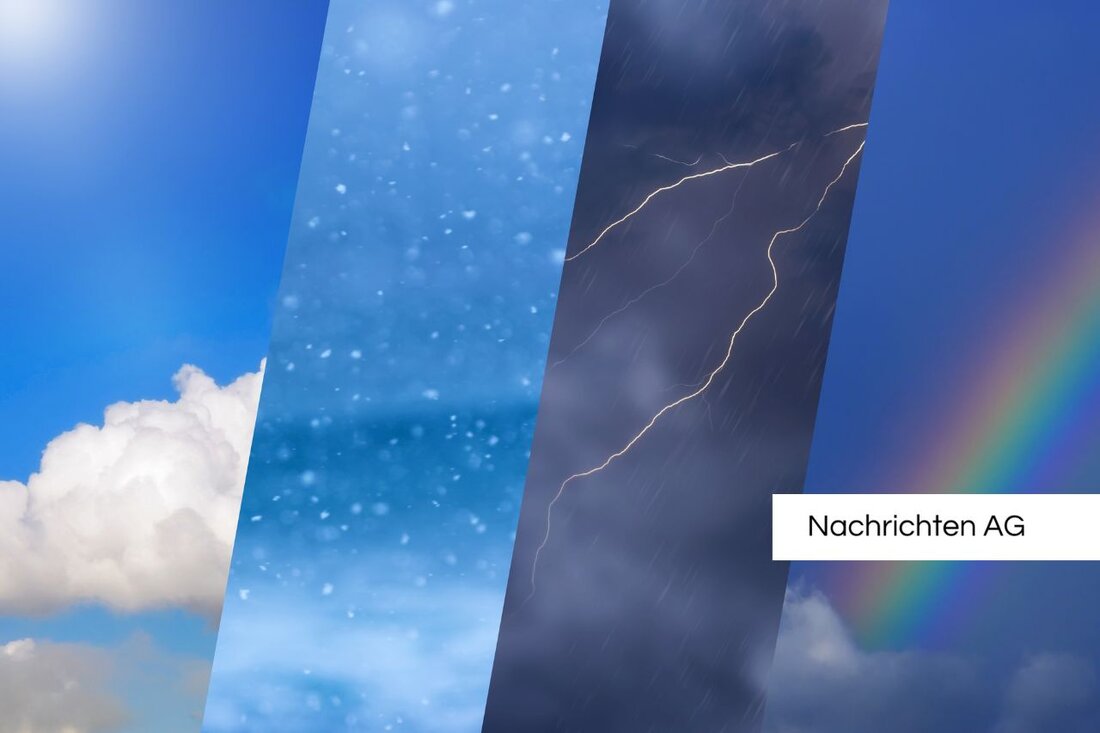Coasts under pressure: Rising sea levels and climate change threaten us!
The article highlights the current impacts of climate change on the North Sea and Baltic Sea, including rising water temperatures and the urgency to reassess coastal regions. Experts warn of the consequences and call for immediate action.

Coasts under pressure: Rising sea levels and climate change threaten us!
Climate change not only affects our weather, but also has serious consequences for the coastal regions of northern Germany. A recent report from moin.de shows that water temperatures in both the North Sea and the Baltic Sea are steadily rising. Storms are becoming more powerful and sea levels are rising faster than previously expected. These alarming developments make a rethink necessary.
The German Meteorological Society (DMG) and the German Physical Society (DPG) warn urgently about the challenges that lie ahead. Frank Böttcher from the DMG points out that impending climatic changes were warned as early as 1987. Now, over 35 years later, it is time to find solutions. Klaus Richter, President of the DPG, emphasizes that we could still curb the rise in temperatures – if we act quickly.
Warnings and forecasts
The 55,000 scientists behind the call recommend that Germany should seriously discuss withdrawing from particularly vulnerable coastal regions. Loud Federal Environment Agency Level measurements on the North and Baltic Seas show a significant increase in water levels. This increase results, among other things, from the melting of glaciers and ice sheets - a process that is being accelerated by climate change.
Forecasts from the 6th IPCC assessment report assume a global sea level rise of 0.3 to 1.0 meters by the year 2100. Particularly worrying is the uncertainty surrounding ice melting processes in Antarctica, which could lead to a further rise of over a meter. Such developments could particularly endanger coasts of estuaries and low-lying regions, as the analysis by nadr.de clarified.
Coastal protection and social justice
Despite the three billion euros that have already been invested in coastal protection in Schleswig-Holstein since 1962, experts are of the opinion that the technical possibilities are reaching their limits. There are important decisions to be made: How can we adapt our coastal protection system to protect people and the environment? It also becomes clear that, in addition to the construction and engineering industries, insurance companies and technology companies could also benefit from adaptation measures. However, these changes also raise questions of social justice.
Small communities and coastal indigenous communities often bear the brunt of the challenges posed by sea level rise. Larger projects and innovative approaches will be needed to ensure that even the most vulnerable groups are not left behind. The discussion about sea level rise is therefore not only a test for science, but also for our social structures.
Climate change presents us with major challenges, many of which can be felt locally. More than ever, coastal protection measures require a holistic approach - we must act quickly and sustainably to preserve the beauty and safety of our coastal regions in the long term.

 Suche
Suche
 Mein Konto
Mein Konto